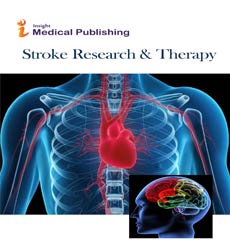Abstract
Therapeutic Potential of Sleep in Enhancing Post-Stroke Motor Recovery
Therapeutic Potential of Sleep in Enhancing Post-Stroke Motor Recovery
Stroke is one of the most common causes of long-term disability in the elderly but also in younger subpopulations with predisposing factors. Recovery of function after stroke is often a lifelong endeavor. Poor nighttime sleep quality and daytime somnolence are commonly reported by stroke patients in the rehabilitation setting and may influence responses to rehabilitative interventions after stroke. Given that memory consolidation relies on precise sequencing of sleep events, it is conceivable that impaired sleep architecture after stroke may negatively influence motor skill learning after stroke. However, there is paucity of knowledge about sleep patterns after stroke. In this scoping review, mechanisms of sleep modulation on learning after stroke are reviewed. Stroke units and rehabilitation centers should make efforts to screen for sleep disorders and facilitate therapeutic environments that may incorporate sleep breaks into therapy regimens. Further study is needed to increase our knowledge on sleep patterns after stroke which may then pave the way for therapeutic interventions targeting sleep to enhance motor recovery after stroke.
Author(s):
Sravani V. A. Mudumbi
Abstract | Full-Text | PDF
Share this

Google scholar citation report
Citations : 63
Stroke Research & Therapy received 63 citations as per google scholar report
Abstracted/Indexed in
- Google Scholar
- Secret Search Engine Labs
Open Access Journals
- Aquaculture & Veterinary Science
- Chemistry & Chemical Sciences
- Clinical Sciences
- Engineering
- General Science
- Genetics & Molecular Biology
- Health Care & Nursing
- Immunology & Microbiology
- Materials Science
- Mathematics & Physics
- Medical Sciences
- Neurology & Psychiatry
- Oncology & Cancer Science
- Pharmaceutical Sciences

